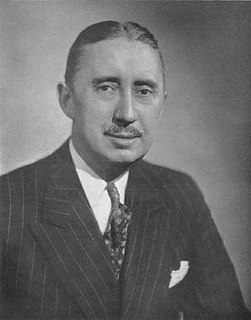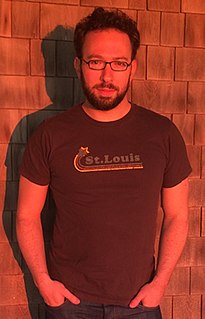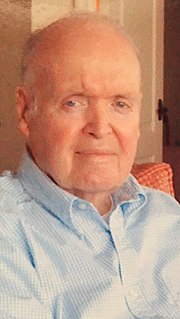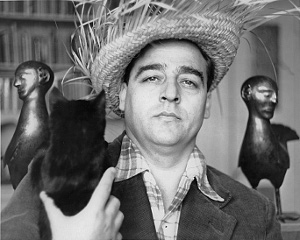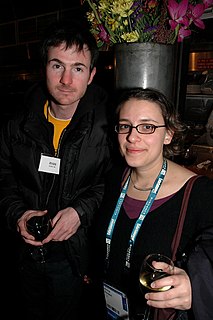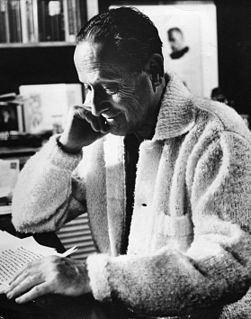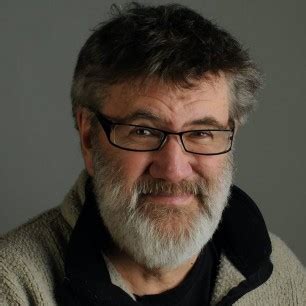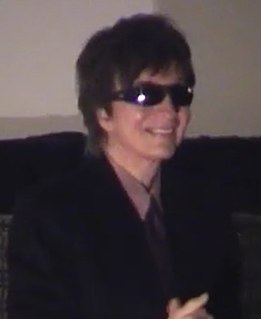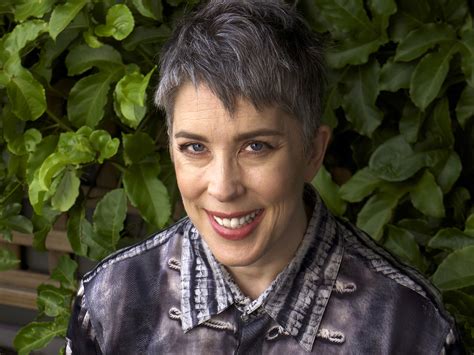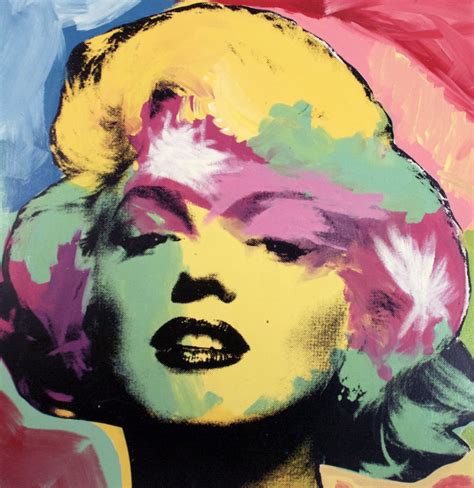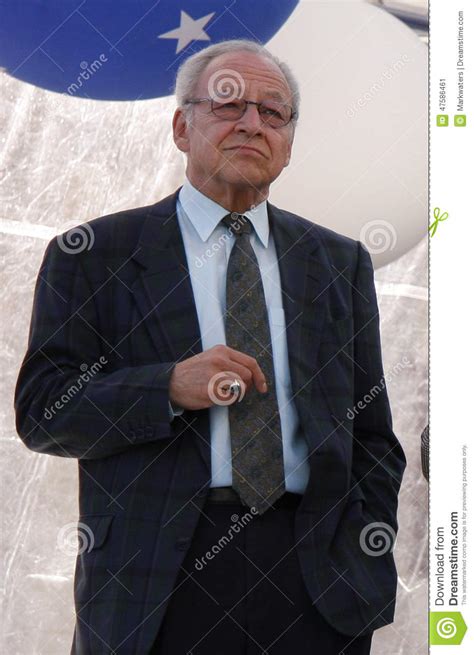Top 1200 Mystery Novels Quotes & Sayings - Page 7
Explore popular Mystery Novels quotes.
Last updated on November 19, 2024.
My only passions were books and music. As you might guess, I led a lonely life… Not that I knew what I wanted in life - I didn’t. I loved reading novels to distraction, but didn’t write well enough to be a novelist; being an editor or a critic was out, too, since my tastes ran to the extremes. Novels should be for pure personal enjoyment, I decided, not part of your work or study. That’s why I didn’t study literature
All art should have a certain mystery and should make demands on the spectator. Giving a sculpture or a drawing too explicit a title takes away part of that mystery so that the spectator moves on to the next object, making no effort to ponder the meaning of what he has just seen. Everyone thinks that he or she looks but they don't really, you know.
It takes people a little longer to get in to you when you have a distinct sound - especially if you're not force-feeding singles to pop radio. I try to be as much of an enigma as I can... because I want to be present and have people know what my message is, but then again, I want that mystery. There's a sensuality in the mystery that I think drives people to listen to my music.
Faced with the immensity of the universe, Job realized that there are limits to man's rationalizing, that we cannot find where the cloud of sorrow starts, that all our boasted knowledge is but an island in the vast ocean of mystery, and as the island of knowledge grows larger, the shore line of mystery becomes longer. At the end of his wits, he surrendered in trust to a Higher Wisdom.
The aim of jazz is the mechanical reproduction of a regressive moment, a castration symbolism. 'Give up your masculinity, let yourself be castrated,' the eunuchlike sound of the jazz band both mocks and proclaims, 'and you will be rewarded, accepted into a fraternity which shares the mystery of impotence with you, a mystery revealed at the moment of the initiation rite.
We spend more time with our coworkers than we do with our loved ones, and yet we don't have that many novels on the subject. We have far more novels about families bickering at Thanksgiving and not enough about the day before Thanksgiving at the office. If we lived in, say, Romania, maybe a workplace job might not be as important to the cultural discussion. But we live in America, where work is crucially important and capitalism drives everything we do.
In the end, science as we know it has two basic types of practitioners. One is the educated man who still has a controlled sense of wonder before the universal mystery, whether it hides in a snail's eye or within the light that impinges on that delicate organ. The second kind of observer is the extreme reductionist who is so busy stripping things apart that the tremendous mystery has been reduced to a trifle, to intangibles not worth troubling one's head about.
There's all kinds of reasons that you fall in love with one person rather than another: Timing is important. Proximity is important. Mystery is important. You fall in love with somebody who's somewhat mysterious, in part because mystery elevates dopamine in the brain, probably pushes you over that threshold to fall in love.
There is one antidote for evil passions: the purification of our souls which takes place through the mystery of godliness. The chief act of faith in this mystery is to look to Him who suffered the passion for us. The cross is the passion, so that whoever looks to it? is not harmed by the poison of desire. To look to the cross means to render one's whole life dead and crucified to the world.
The poet Amanda Nadelberg puts it nicely in an interview when she says "often what I listen for in poems is a sense that the writer is a little lost, not deliberately withholding information or turning on the heavy mystery machines, but honestly confounded - by the world? isn't it so? - and letting others listen in on that figuring." That's what engages me - the mind in motion, the drama of someone in the process of thinking - and it's the elusive mystery of those movements that I hope to capture in my essays.
Lately I've been thinking about the idea that all novels are, at least in some way, about the process of writing a novel - that the construction of the book and the lineage of people constructing novels are always part of the story the author is telling. I think the equivalent for memoir should be that all memoirs are, in some way, about the process of memory. Memoirs are made out of a confusing, flawed act of creation.
The mystery of being human and, certainly, of being a Catholic lies in our embracing together the imperfect state known as the human condition. First and foremost, if we could ever be perfect or do things perfectly, we would eliminate mystery, an essential ingredient in the good life and the spiritual life.
How you prepare for a role is entirely your business in my point of view. There is little enough mystery anymore left in the world in the part of our profession, which should be clouded in mystery because it isn't in the public. You don't want the magician to show his tricks or how he did them do you? So I do think that is a very private thing that we actors should protect ourselves from.
'THIS ROOM HAS MYSTERY LIKE A TRANCE' This room has mystery like a trance Of wine ; forget-me-nots of you Are chair and couch, the books your Fingers touched. And now that you Are absent here the silence scrapes A secret rust from everything; While sudden wreaths of sorrow's Dust uncover emptiness like halls To stumble through, and terror falls
I still read romance, and I read suspense. I read them both. And part of it is, I like stories with strong characters, and I like stories where there's closure at the end. And I like stories where there's hope. That's a kind of empowerment. I think romance novels are very empowering, and I think suspense novels are, too.
As long as you have life and breath, believe. Believe for those who cannot. Believe even if you have stopped believing. Believe for the sake of the dead, for love, to keep your heart beating, believe. Never give up, never despair, let no mystery confound you into the conclusion that mystery cannot be yours.
I read Claire Messud's 'The Emperor's Children,' I read Joseph O'Neill's 'Netherland' - but to me, they're not 9/11 novels. In 'The Emperor's Children,' 9/11 felt to me like a piece of the plot; the novel wasn't wrestling with what 9/11 meant. And 'Netherland' felt the same way. I liked both books a lot but I don't see them as 9/11 novels.
There's a lot of people that don't understand liberalism, there are a lot of people that I think, by definition, still need to be informed and educated that it isn't the soft, loving, compassionate stuff that it's portrayed to be. Trump speaks for himself. Who Trump is and what he's doing is not a mystery to anybody. It's the exact opposite of a mystery. It's in your face.
Why do I like to write short stories? Well, I certainly didn't intend to. I was going to write a novel. And still! I still come up with ideas for novels. And I even start novels. But something happens to them. They break up. I look at what I really want to do with the material, and it never turns out to be a novel.
It would be great to continue shooting on film. Amongst other things, the mystery of not knowing exactly how it's going to look until we see it later and having your DP and being able to trust in him that he's the holder of how this is going to look is a beautiful mystery of filmmaking I'm loathe to look up.
Man is a part of the world, and his spirit is part of the spirit of the world. We are merely a peculiar mode of Being, a living atom within it, or, rather, a cell that, if sufficiently open to itself and its own mystery, can also experience the mystery, the will, the pain, and the hope of the world.
I think overtly political novels - those that never transcend or contest their author's conscious intentions and prejudices - are problematic. This is not just true of the innumerable unread books in the socialist realist tradition, but also of novels that carry the burden of conservative ideologies, like Guerrillas, Naipaul's worst book, where the author's disgust for a certain kind of black activist and white liberal is overpowering.
It’s the ability to bring events and characters to a resolution that draws me to writing, especially writing for children. I don’t want to ever be didactic, but if there’s something I do want to say, it’s that you can bring things around. You can make a change. Adult novels are about letting go. Children’s novels are about getting a grip.
The only cross in all of history that was turned into an altar was the cross on which Jesus Christ died. It was a Roman cross. They nailed Him on it, and God, in His majesty and mystery, turned it into an altar. The Lamb who was dying in the mystery and wonder of God was turned into the Priest who offered Himself. No one else was a worthy offering.
Because I think of novels as collaborative enterprises between the writer and the reader, all of my novels so far have ending with endings that maybe point in more than one direction, and that seems important to me because it seems important to me that after you've invested twenty or thirty hours of your imaginative life into this narrative that you have some stake in how it ends.
I do not know if you remember the tale of the girl who saves the ship under mutiny by sitting on the powder barrel with her lighted torch... and all the time knowing that it is empty? This has seemed to me a charming image of the women of my time. There they were, keeping the world in order... by sitting on the mystery of life, and knowing themselves that there was no mystery.
Human existence is girt round with mystery: the narrow region of our experience is a small island in the midst of a boundless sea. To add to the mystery, the domain of our earthly existence is not only an island of infinite space, but also in infinite time. The past and the future are alike shrouded from us: we neither know the origin of anything which is, nor its final destination.
My friend Josh Glenn compiles terrific lists of genre novels from the mid-20th century. His latest is a list of the ten best adventure novels of 1966. Josh also includes the cover art of early editions of the books, which are always much better than the art on newer editions. I want to read every book in this list!
There is a still place, a gap between the worlds, spoken by the tribal knowings of thousands of years. In it are silent flyings that stand aside from human struggles and the designs of our own makings. At times, when we are silent enough, still enough, we take a step into such mystery, the place of spirit, and mystery, we must remember, by its very nature does not wish to be known.
Fiction ought to announce the problems, dramatize the problems, display them. Yet offer no set answer. An answer would solve the mystery. Writing fiction, for me, is about putting on paper my obsessive interest in something mysterious. I may figure out the source of the mystery, the things that brought some action or image to my mind, but to make an equation of it would ruin the story.
All I am in private life is a literary critic and historian, that's my job...And I'm prepared to say on that basis if anyone thinks the Gospels are either legends or novels, then that person is simply showing his incompetence as a literary critic. I've read a great many novels and I know a fair amount about the legends that grew up among early people, and I know perfectly well the Gospels are not that kind of stuff.
I decided to read something I normally hate: a cosy mystery. You know one of those mysteries where everything is tidily wrapped up at the end and everyone lives happily ever after? An Agatha Christie kind of mystery. They are so not my thing. But then someone was raving about Barbara Neely's Blanche White books and they sounded interesting.
the sea is a place of mystery. One by one, the mysteries of yesterday have been solved. But the solution seems always to bring with it another, perhaps a deeper mystery. I doubt that the last, final mysteries of the sea will ever be resolved. In fact, I cherish a very unscientific hope that they will not be.
It's better not to know so much about what things mean or how they might be interpreted or you'll be too afraid to let things keep happening. Psychology destroys the mystery, this kind of magic quality. It can be reduced to certain neuroses or certain things, and since it is now named and defined, it's lost its mystery and the potential for a vast, infinite experience.
Novels are political not because writers carry party cards -- some do, I do not -- but because good fiction is about identifying with and understanding people who are not necessarily like us. By nature all good novels are political because identifying with the other is political. At the heart of the 'art of the novel' lies the human capacity to see the world through others' eyes. Compassion is the greatest strength of the novelist.
Jazz is the music of the body. The breath comes through brass. It is the body's breath, and the strings' wails and moans are echoes of the body's music. It is the body's vibrations which ripple from the fingers. And the mystery of the withheld theme, known to jazz musicians alone, is like the mystery of our secret life. We give to others only peripheral improvisations.
I sold my first short story while I was home on maternity leave, then began working on novels. Since I was reading and enjoying romance novels at the time, the first two unpublished manuscripts I wrote were both romances. I sold my third novel, 'Call After Midnight,' to Harlequin Intrigue after submitting it unagented.
Maybe I've just read too many novels. In novels, alcoholics are always attractive and fuuny and charming and complex, like Sebastian Flyte or ABe North in Tender in the Night, and they're drinking because of a deep, unquenchable sadness of the soul, or the terrible legacy of the First World War, whereas I just get drunk because I'm thirsty, and I like the taste of lager.
I believe in mystery and, frankly, I sometimes face this mystery with great fear. In other words, I think that there are many things in the universe that we cannot perceive or penetrate, and that also we experience some of the most beautiful things in life only in a very primitive form. Only in relation to these mysteries do I consider myself to be a religious man.
As a thinker I keep discovering that beauty itself is as much a fact, and a mystery...I consider nature's facts -- its beautiful and grotesque forms and events -- in terms of the import to thought and their impetus to the spirit. In nature I find grace tangled in a rapture with violence; I find an intricate landscape whose forms are fringed in death; I find mystery, newness, and a kind of exuberant, spendthrift energy.
If every UFO report could be convincingly credited to some conventional astronomical or atmospheric phenomenon, there would be no UFO mystery. It is precisely because so many UFO reports cannot logically be blamed on stars, planets, satellites, airplanes, balloons, etc., that a UFO mystery has existed since at least the mid-1940s.
Of course, I'm being rude. I'm spoiling the ending, not only of the entire book, but of this particular piece of it. I have given you two events in advance, because I don't have much interest in building mystery. Mystery bores me. It chores me. I know what happens and so do you. It's the machinations that wheel us there that aggravate, perplex, interest, and astound me. There are many things to think of. There is much story.



